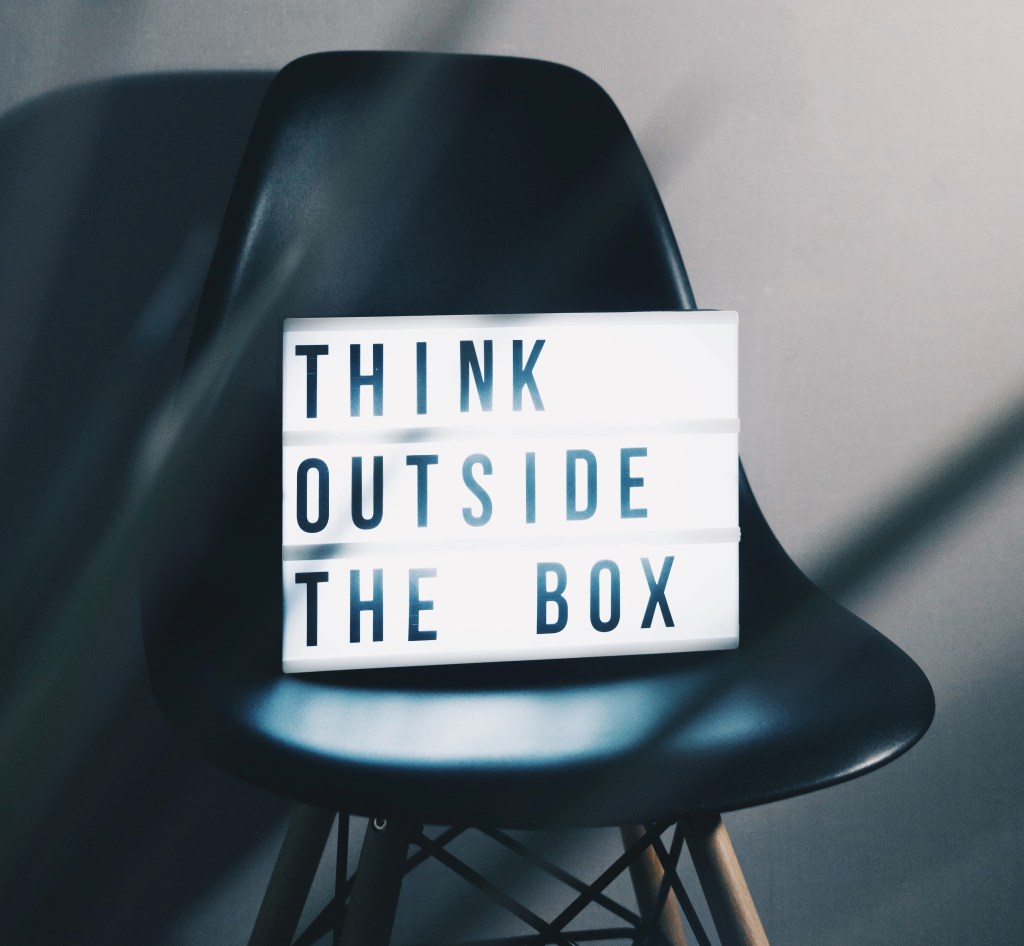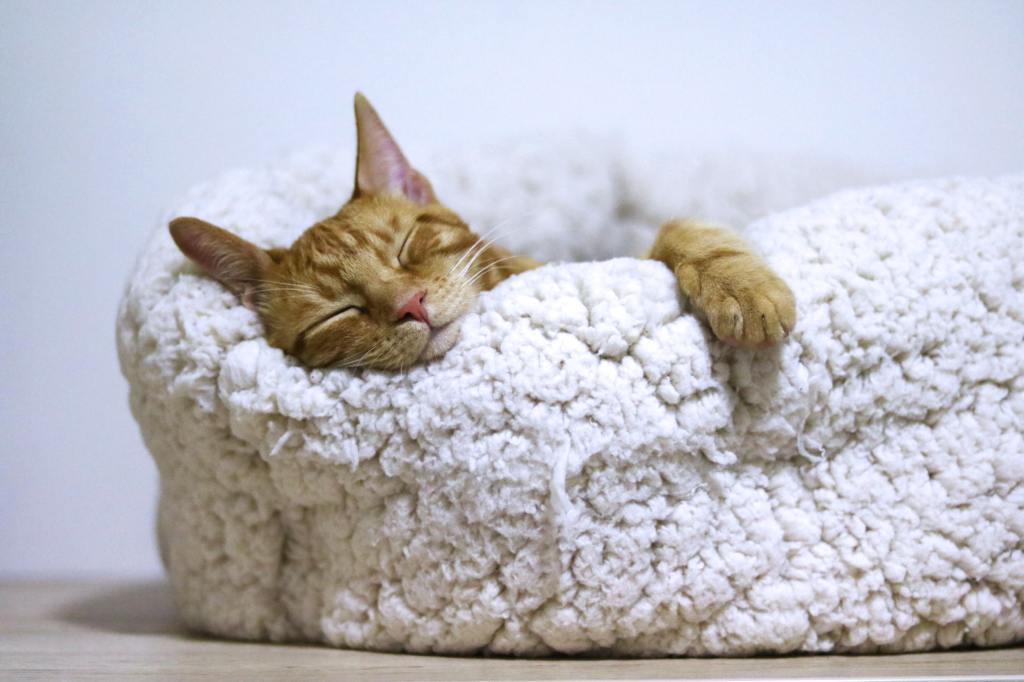
“It is a common experience that a problem difficult at night is resolved in the morning after the committee of sleep has worked on it.” — John Steinbeck
Introduction
For centuries, creative minds such as artists, musicians, and painters, and even ancient Greek philosophers, have discussed the creativity-enhancing power of sleep. Today, sleep and neurological scientists have learned that sleep is more than the key to good health; it may also be the key to unlocking creativity. As scientists have learned, there are ways to induce the creativity-enhancing power of sleep.
There are ways to induce the creativity-enhancing power of sleep.
Tweet
In this post, we’ll talk about the science of sleep as it relates to creativity — and ways you can use a good night’s sleep to boost your creative abilities.
The Meaning and Value of Creativity
Creativity is a key component in success in all fields of work and projects. Even the most mundane work, such as budgeting, involves some level of creativity or creative problem solving. Creativity is the process of producing ideas, particularly those that are left-field of our usual experiences or tendencies. It is also a word for the process of imagining outcomes and expanding our conscious awareness of the field of information and solutions in front of us.
Creativity is most needed at times when we are facing a problem, trying to find direction in our lives, or need to come up with a visionary idea to inspire invention, writing, or art. Unfortunately, for many people – most people, even – creativity does not seem to be something we can summon; most of us feel we must wait for our muse to strike us with creativity. However, science indicates that this is not the case — sleep can induce creativity.

Sleep Keeps Your Body and Brain Healthy
Sleep is important for overall well-being. Creativity exists at the highest level of brain function — the confluence of various thoughts and ideas, both old and new, real and imagined, to come up with new concepts. Such elevated levels of thought processes begin with a sound body and mind. Think of Maslow’s Hierarchy of Needs: until basic needs are met, mental and physical energy is being zapped in the pursuit of, or from the lack of, these necessities, which blocks you from reaching higher levels of thinking, such as imagination or creative problem solving.
Sleep is the one of the most important things you can do to cultivate a healthy body and mind. Of course, diet and exercise are also important, but without proper sleep, you will not have the presence of mind to think about what you eat or the energy to exercise. Lack of sleep can also contribute to a wide variety of health problems, including not only things like high blood pressure and diabetes, but also mood disturbance (e.g., anxiety and depression). That’s not to mention the cognition and attention problems one experiences by incurring a sleep debt, such as an increased risk for errors at your job — or even car accidents.
Getting enough high-quality sleep each night is one of the most important things you can do for your mental health and overall well-being.
Tweet
Quality sleep is not just about quantity. In fact, getting more than the minimum required amount of sleep will be of little benefit if you are not sleeping soundly. Consistent and sound sleep patterns help keep your cells and organs — including your brain — healthy, and also stabilize mood and emotions. That’s why every great day begins with a good night’s sleep.
Sleep Deprivation Impairs Brain Function
Creativity depends on more than a mere spark of insight. In order to come up with creative solutions, you need to have a deep understanding of the problem you are seeking to creatively solve – whether that is a problem of understanding, artistic inspiration, or taking a novel direction in whatever endeavor in which you are engaged.
This deep, innate understanding, in turn, requires high-functioning working and long-term memory processes, as well as high-level processing of new information. All of these functions are seriously deteriorated by sleep deprivation. Krause et al., sleep researchers at the University of California – Berkeley, examined the role of sleep deprivation in the brain. As they write in a 2017 review article in Nature, sleep deprivation impedes your ability to maintain attention and process memories, decreasing your capacity to take in new information.
Further, beyond its effects on attention systems, sleep deprivation severely affects memory. Our brains have many types of memory systems, including working, short-term, and long-term memory. Working memory primarily helps you remember sensory information and lasts on the order of mere seconds, while short-term memory operates on a slightly longer time frame of a couple minutes (for example, to help you keep a phone number in memory). Long-term memories involve remembering of things like names, events, dates, facts, and places which can be recalled for years to come.
All of these different types of memory are impaired when we do not obtain enough high-quality sleep each night. In fact, not only memory, but information processing in general, is severely affected when you do not sleep each night — decreasing your capacity to use this stored information, and integrate it with new information and concepts, to create novel ways of seeing, approaching, or solving problems.

Sleep Protects and Restores Brain Function
As we’ve discussed, sleep is important for overall well-being; in fact, scientists have found that sleep is not only restorative, but also protective against neurodegenerative conditions such as Alzheimer’s Disease. While previously, many thought that nothing happened in the brain during sleep, it now appears that a lot is going on in our brains and bodies during this important and crucial time in which we spend about a third of our lives. In fact, sleep is a very dynamic time for our brains, and is now thought of as occurring in various stages which each have different characteristics and functions.
In slumber, the brain reprocesses and restructures memories and stored information in a restorative process known as “memory consolidation.” While you’re asleep, the brain processes information it learned while you were awake, as well as performs much-needed maintenance needed for your brain and body to work optimally, such as clearing cellular debris from your brain.
In slumber, the brain reprocesses and restructures memories and stored information in a restorative process known as “memory consolidation.” #neuroscience
Tweet
By now, it may seem obvious that these restorative processes contribute to better, clearer thinking and improved mental function. However, you may be wondering, “How are the restorative processes of sleep linked to creativity?”
Sleep and Creativity
While the exact processes leading to creativity during sleep are still enigmatic, it may be due to the fact that during sleep, the brain is largely deprived of external sensory input. This allows the brain to focus on processing held information, rather than taking in new information. In fact, scientists believe that one specific stage in deep sleep, the Rapid-Eye Movement or REM stage, could be a way that sleep improves creative thinking.
In a 2009 article published by Cai and colleagues in the journal Proceedings of the National Academy of Sciences, they hypothesize that “REM enhances the integration of unassociated information for creative problem solving.” Cai et al. further postulate that this enhanced creativity comes about by the interplay of two neurotransmitter systems, acetylcholine and noradrenaline, which are active during REM sleep.
According to scientists, making sure you get enough REM sleep could be one way to improve creative thinking.
Tweet
These features of sleep allow the brain to take a new view – both figuratively and literally – on information. In other words, it is during this time that the brain gets creative about how to perceive and how to judge previous information or situations.
The process of memory consolidation may be particularly helpful in the case of complex information or questions which, due to their complexity, require a deeper and more focused level of awareness and evaluation to process.
Can We Boost Creative Processes During Sleep?
Because humans sleep so much every night, people are always looking for ways to “multitask” and make the most of this time. For example, scientists have been looking for ways to enhance creativity during sleep, and so far, this research seems promising.
A 2011 research study in the Journal of Sleep Research examined ways to boost creative processes via sleep-based interventions. The study shows that not only does creative processing occur during sleep, it is directly linked to coming up with solutions to problems or gaining novel insight into new information. More significant than that, this research shows that creative processes during sleep can be triggered and harnessed to tackle a particular problem.
The scientists conducting this study — researchers based in both the Netherlands and at Harvard Business School — explain that olfactory (scent) triggers are particularly powerful in triggering potent memory experiences. This is likely due to the fact that the olfactory cortex, the part of the brain that processes smell, is situated next to the hippocampus, which is the part of the brain that deals with memory. So how could we theoretically apply this research to improve our creative processes while we sleep?
Priming the Brain for Creativity during Sleep Using Scents
As this study above suggests, in a Pavlov’s dog-sort-of-process, we can train our brains to focus on a particular question, task, problem, or set of information during sleep if we train our brains to associate a certain olfactory (scent) with that question, problem, task, or information.
It is a fairly simple process to train your brain to link a particular scent with a particular experience. Simply surround yourself with that scent while taking part in or thinking about the experience, task, or information.
For example, if you are working on coming up with an idea for a blog on sleep, and you have chosen the scent of pine as your trigger, set up a diffuser next to you with pine oil in it, and release this scent as you are researching or brainstorming ideas – but only use it when you are doing this particular task.
Then, in order to trigger this scent memory, and thus trigger your cognitive processes and stored information related to that experience, you could release the scent while you sleep.
There are other ways of boosting creativity, of course — read about nine tips to boost creativity here — but it never hurts to look for creative solutions to boost creativity.
Conclusion
Creative solutions to a problem involve knowing what has and hasn’t worked in the past, as well as the intricacies of the task ahead of you, and the potential effects of whatever solution you come up with. In order to process all of this information and utilize it toward creative problem-solving, you need to be well rested.
Scent-memory triggering techniques may help you harness your creative powers and perhaps even boost creativity while you are sleeping.
Tweet
Beyond the value of being well-rested for cultivating creative potential, the act of resting in itself can be a window into creativity, and you can control where this window opens to and when. Utilizing the creative power of sleep, and focusing this power through sense-memory triggering techniques, science suggests, may help you harness this creative power.

5 thoughts on “Sleep on It: The Creativity-Enhancing Power of Sleep”